Financing EV Chargers for Business: A Practical Guide
Electric Vehicle (EV) chargers are becoming more common – and it’s happening fast. They serve as the power source for electric vehicles, which are...
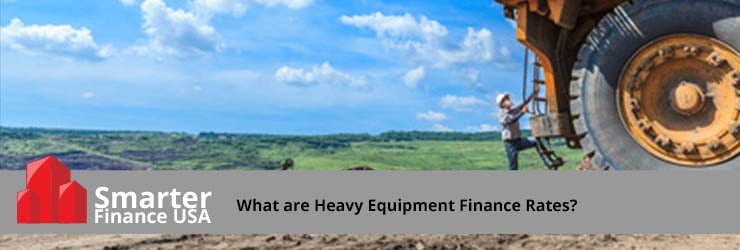

We talk to quite a few folks about heavy equipment finance.
The question we get most often, and usually first, is, "What are the rates?"
The answer is always the same.
Heavy equipment finance rates depend on your situation.
A lot goes into the costs of financing or leasing heavy equipment, so this article will attempt to give you a better idea of what the costs will really be to finance heavy equipment.
The most important things that go into determining heavy equipment finance costs are:
Let's talk about each of these things and how they relate to what your equipment will cost.
Special note: We can tell you what your rates would be relative to your unique situation.
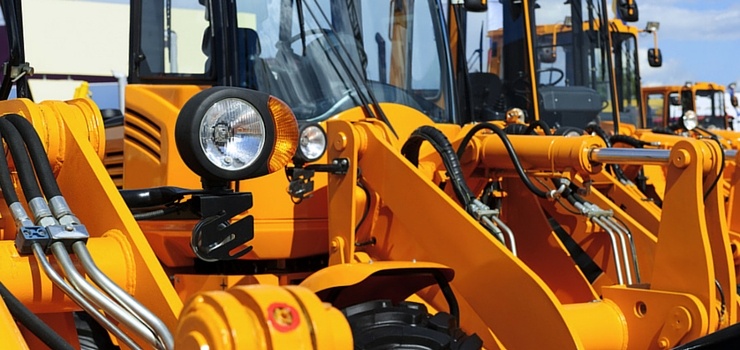
If you are buying new equipment from a dealer, and you have stellar credit (above 720) you can sometimes get a better financing deal from the dealer than anywhere else.
Since dealers make their money on equipment sales, many sweeten the deal on newer equipment by offering rates from 0% to 5%.
Keep in mind...
a dealer is either going to break even or lose money on the financing part of the deal.
That means risk of you not paying will have to be almost zero in order to qualify for these deals.
If the dealer says no, you can try the bank, but bank financing is typically stricter than dealer financing, and you have to be willing to wait a month to hear back from them...
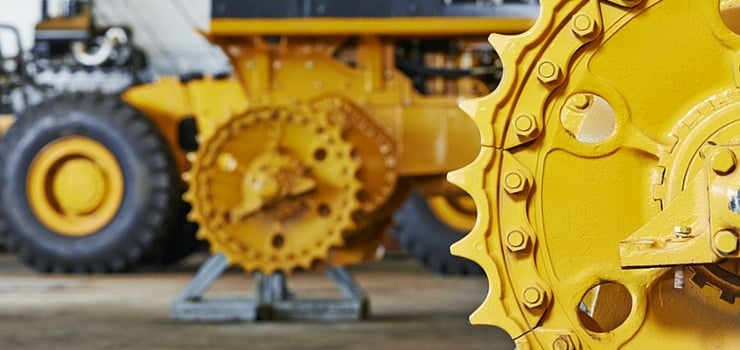
If you don't qualify for dealer financing, you'll usually end up financing with a heavy equipment leasing company like us.
Financing costs through an equipment leasing company are going to be higher than zero percent rates at a dealer.
(We're in business to make a profit just like you are, and won't be making a margin by selling you the equipment).
The costs are depend on a number of factors, mostly related to the risk of lending.
(If we lent money to 1,000 businesses just like yours, how many out of that 1,000 would make all their payments...)
Let's look deeper at that.
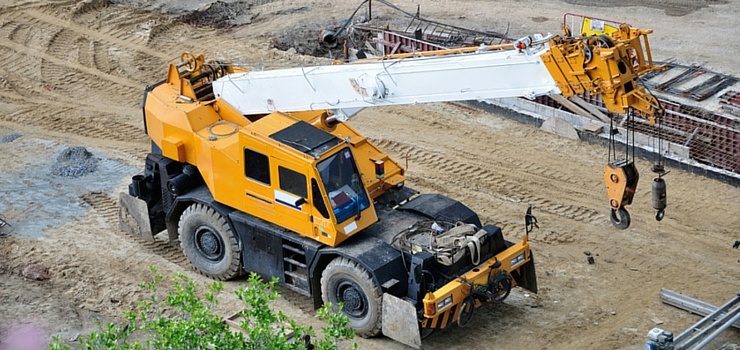
It's just as much work to write a contract and do a deal for a $10,000 machine as it is for a $100,000 machine. (Think about how you would price a small 1-day job vs. a 3-month contract).
So.... if the payment on a $10,000 machine was going to be $230 a month, while you might think the payment on a $100,000 would just be ten times that amount, or $2,300, it would actually be a little bit less.
In general, if your payment was $225 on the $10,000 machine, your payment on the $100,000 machine might be around $2,100 a month or so - almost 10% lower in terms of payment on a dollar-for-dollar basis.
Click here for your real payment to finance heavy equipment
Additionally, on higher-dollar purchases, loan or lease terms can generally be stretched much further (6 or 7 years, sometimes more) to make payments more manageable.
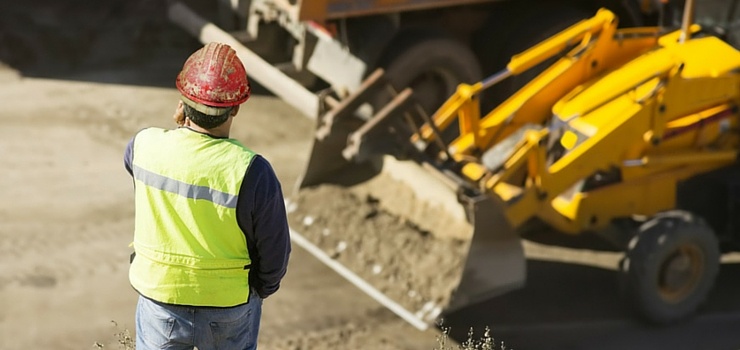
It all depends.
If your accountant looked at the numbers, he or she might tell you the lease is the smarter move.
Here's the difference:
A loan means you own the equipment at the end.
A lease means you'd pay a residual if you wanted to keep the equipment after your last payment.
Leases will have lower payments than a loan, but that's not the reason why they are sometimes the smarter option.
On some leases, you can write your entire payments off as an operating expense, which can save significant dollars when looking at your total financing costs.
Let's take the example of excavator leasing. If you leased an excavator over 4 years for $75,000 (owing $7,500 at the end if you chose to keep the equipment), depending on your credit and some other factors, if your credit is pretty good, maybe your payment would be $1,975 a month. Let's assume your tax rate is 30% and break down the numbers.
Remembering that you will still owe $7,500 at the end, meaning you really financed $67,500, your total finance costs after accounting for taxes come out to negative $1,140.
Here's what to watch out for though - having a large residual at the end is often no good. If it's an "open ended" residual (us nerds call it "fair market value") that's often a rotten idea for heavy equipment.
The reason why:
Your equipment will probably not fall in value very much during the contract. So - do the numbers and do what's best for you - not what someone tries to talk you into.
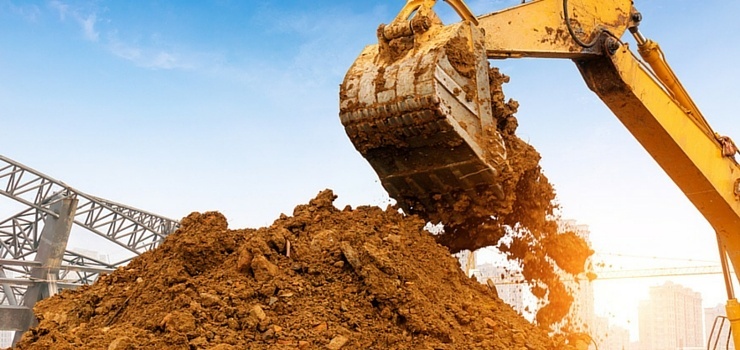
Costs to lease heavy equipment are depend on the amount of "risk" involved with the transaction.
It will be more expensive to lease or finance equipment with bad credit than good credit.
Probably half of the people we speak to that tell us they have "bad" credit don't really have bad credit, they have "ok" (but not great) credit, which makes a big difference in financing costs.
By "ok" credit, we're talking 640 or so.
Here's what happens in real life:If you have a credit score under 600, or a bankruptcy in the past few years, you're a pretty bad risk on paper.
Many times we have customers hear real rates and go shop until they find someone who quotes them fake rates.
That's no good... unless you like being scammed.
Always make sure you are getting legit quotes for financing your equipment.
Unless rates are outrageous, it makes very little difference what actual rate you pay for your equipment.
Take someone financing a trencher for $75,000.
If you bought from a dealer at a 5% rate over 5 years, your payment would be $1,400 a month.
If you didn't qualify for dealer financing, but did a lease (with good credit) your payment might be $1,700 a month or so, a difference of $300 a month.
Here's the deal
Unless the amount of money you plan to make monthly from having that trencher is significantly more than $1,400 (or $1,700), you shouldn't be buying the trencher anyway.
Most of the time, when we talk to people about buying a $75,000 piece of equipment, the income they would miss out on by not having that machine amounts to $10,000 a month or more. The $300 difference in payments is peanuts compared to the costs associated with not getting your equipment.
So... this may make you laugh.
There's a calculator below.
And... I'm warning you right now... not to rely on it.
Seriously... financing heavy equipment is complex - so a calculator can give you a general idea... but that's about it.
Smarter Finance USA can help you get an honest quote to finance or lease heavy equipment. Call us at (866) 631-9996 or click in the picture below to get a quote.

Electric Vehicle (EV) chargers are becoming more common – and it’s happening fast. They serve as the power source for electric vehicles, which are...
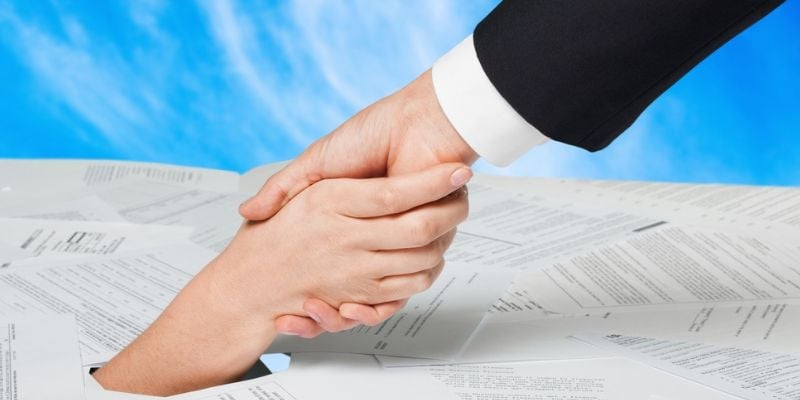
The economic turmoil caused by the coronavirus pandemic has had an impact on small businesses everywhere. The Economic Injury Disaster Loan (EIDL)...
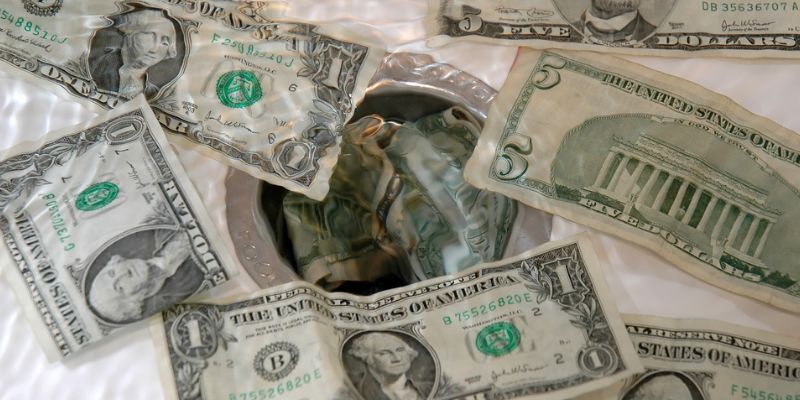
As a small business owner, you know you need access to capital…